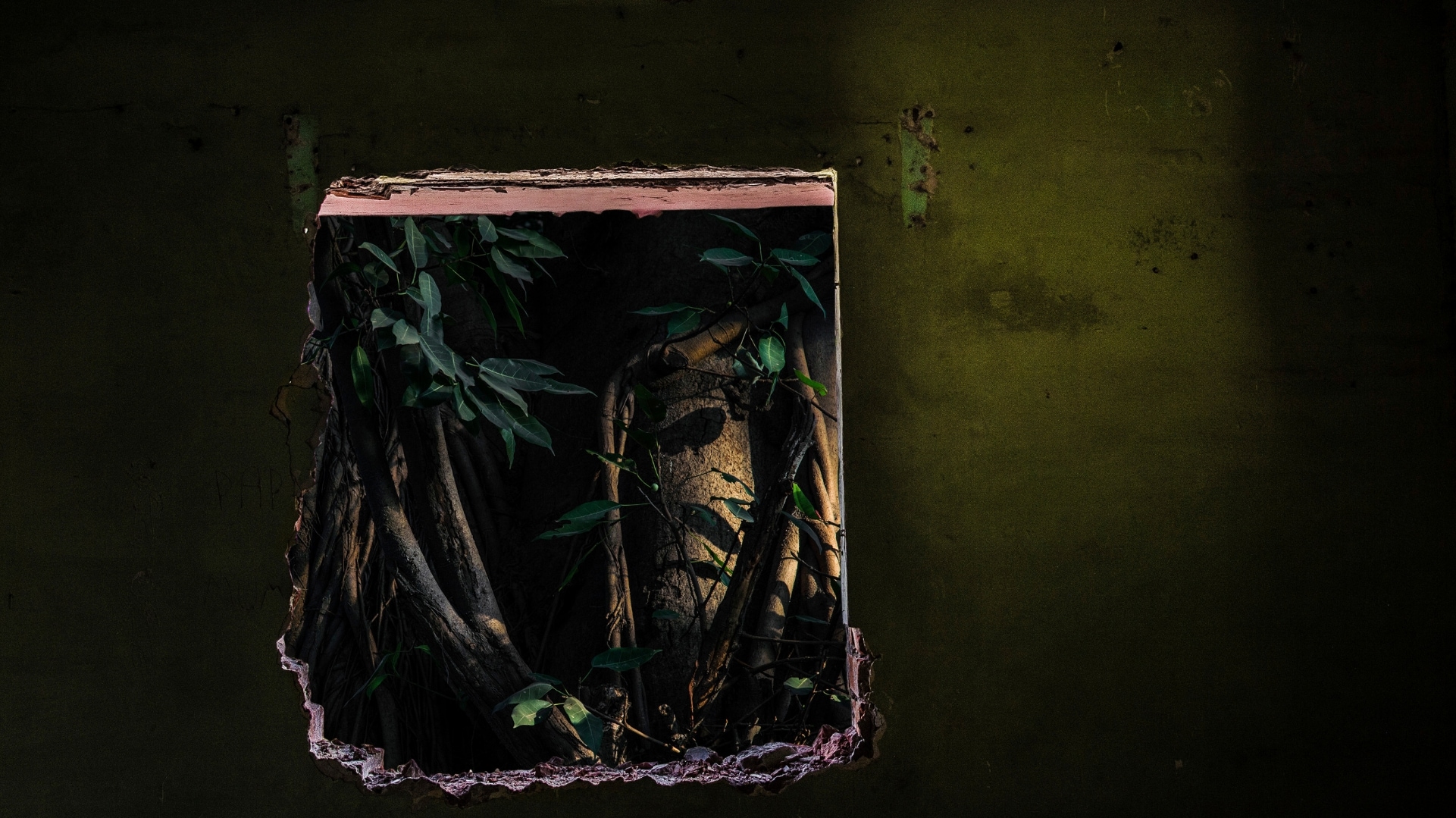Campa Cola has a strong presence in the northern states and it hopes to widen its reach to other parts of the country.
Campa Cola, the brand that dominated India's soft drinks market between 1970s and 1990s, is back. Campa's parent company, Pure Drinks Group, aims to make it a national brand again, competing with the likes of Pepsi and Coca-Cola, as per a report in The Times of India.
It all started in 1949 when Pure Drinks Group introduced India to soda drinks by becoming the only manufacturers and distributors of Coca-Cola. However, Coca-Cola was forced out of India in 1977 because of the run-ins it had with the Foreign Exchange Regulation Act of 1973, which meant to protect locals from exploitation.
Campa was introduced then, with the slogan 'The Great Indian Taste' to fill the hole in the market created by Coca-Cola's exit. Without a foreign competitor, Campa flourished and grew. Now, Jaywantjit Singh, great-grandson of Sardar Mohan Singh, the founder of Pure Drinks Group, wants to bring it back to life and rule the market.
Campa Cola is available in 80 percent of the states across India with 13 franchises in Jammu & Kashmir, UP, Haryana, Punjab, Rajasthan, Delhi, Uttaranchal, Himachal Pradesh and Bihar. The brand now wants to enter the south and soon be available pan-India.
"We have a few franchising plants across India, catering to tier-2 and 3 cities, mainly in the north and northeast markets. We are now setting up a bottling unit in Silvassa with a capacity of 600 bottles per minute, which will cater to the western markets. We have a presence in Nepal and are looking at southern markets like Chennai. In a way, we are gradually moving to tier-1 cities as well. We are doing about 4 million cases across India," Jaywantjit told the paper.
While Coca-Cola was absent, Parle had risen through 70s and 80s with brands like Thums Up, Gold Spot and Limca. When Coca-Cola re-entered the market in the 1990s, it acquired these famous brands from Parle. All local cola brands crumbled after Coca-Cola and its rival PepsiCo came back to the market.































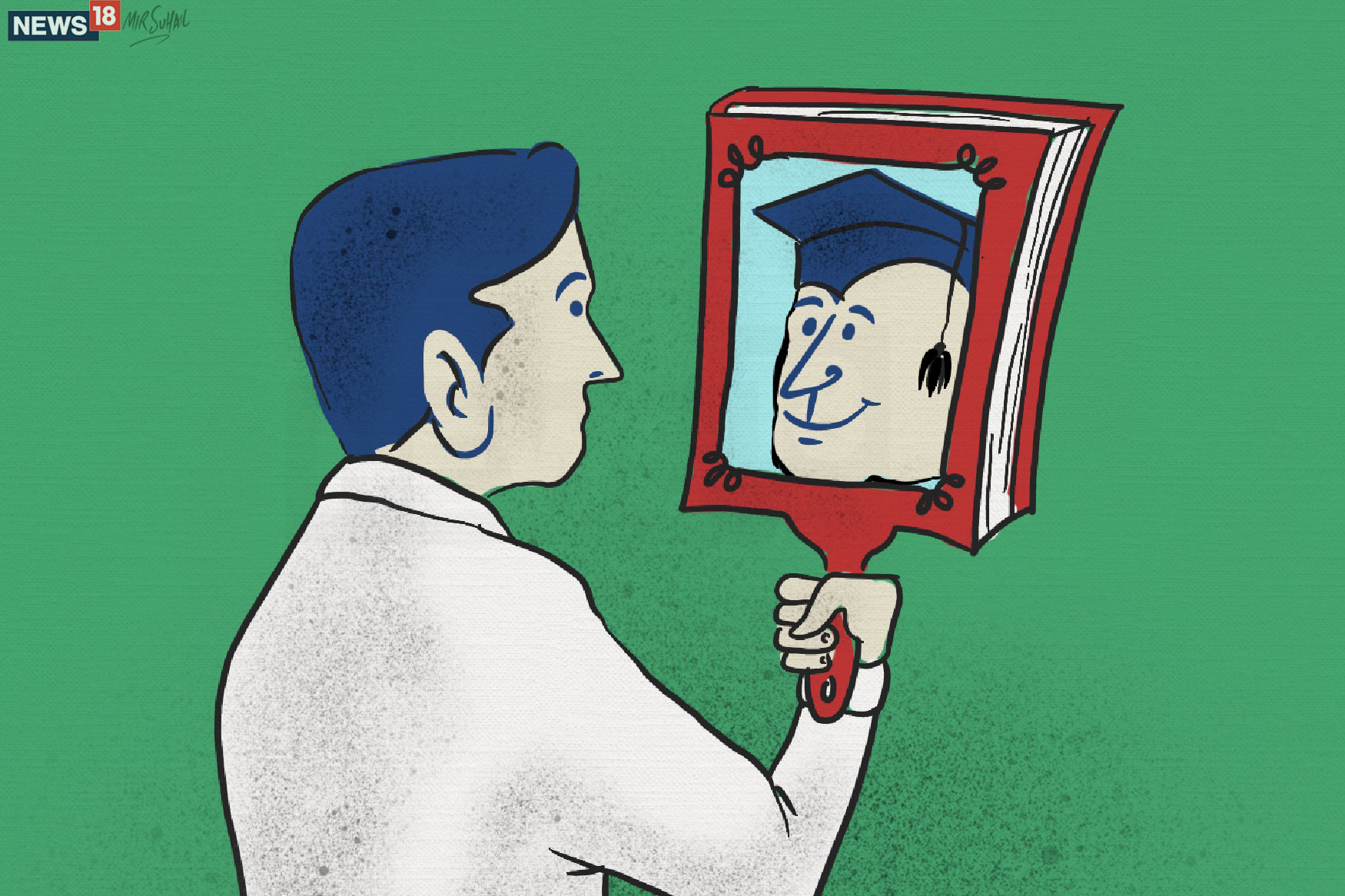
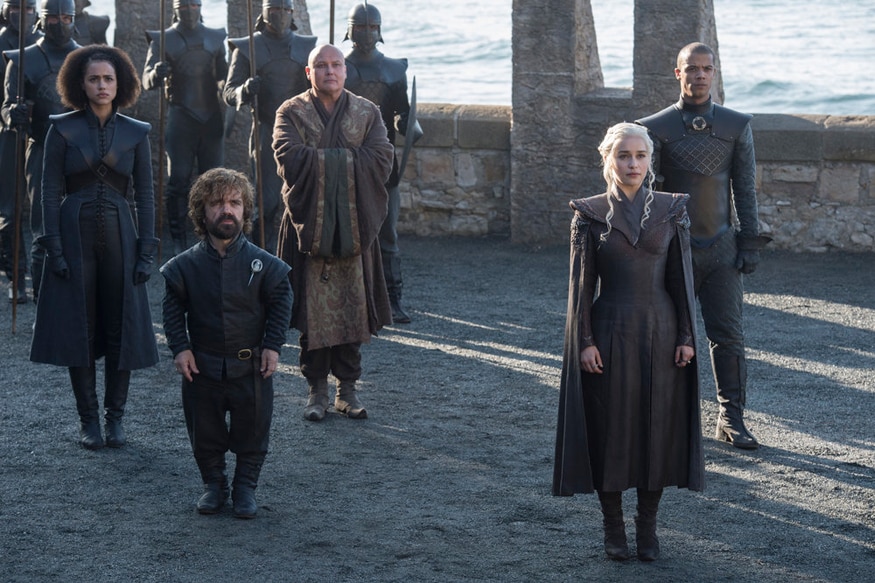
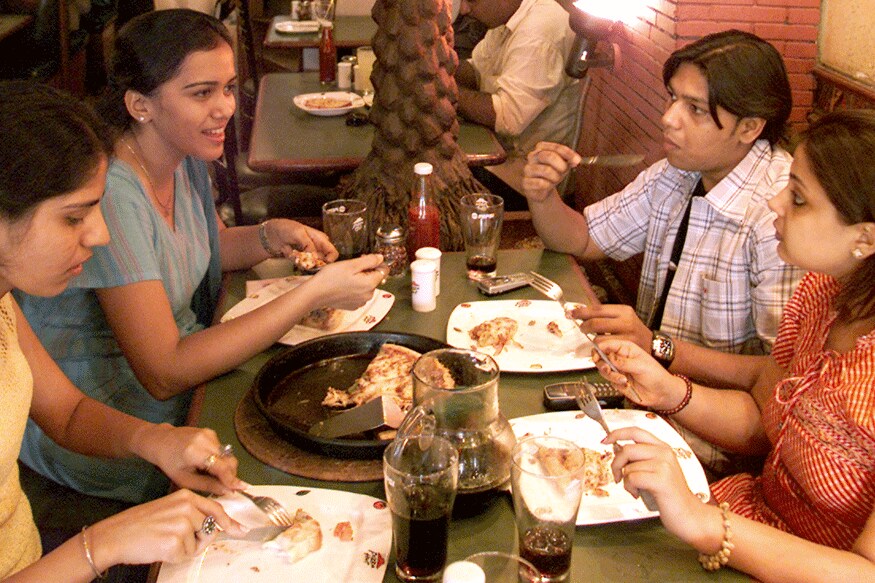
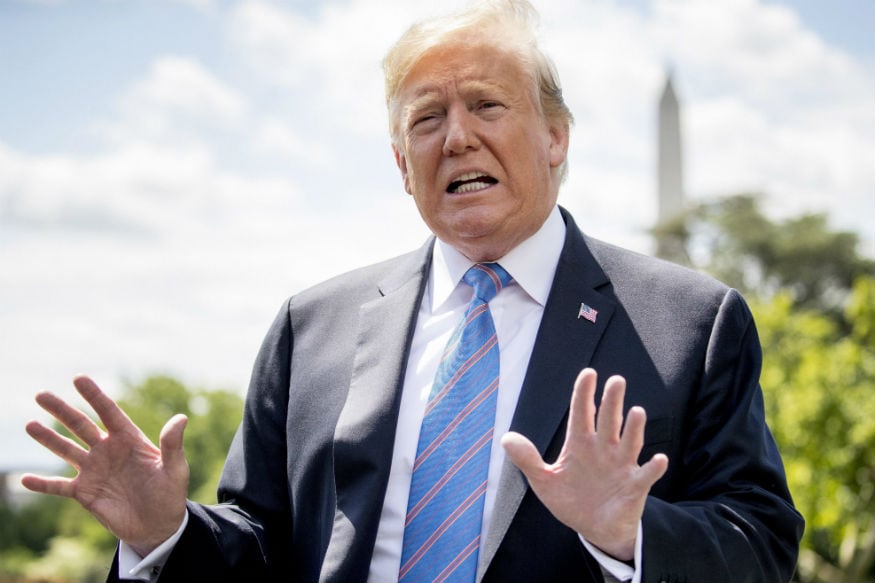




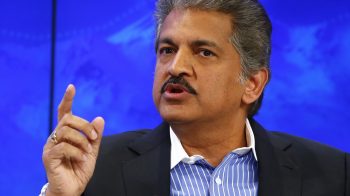

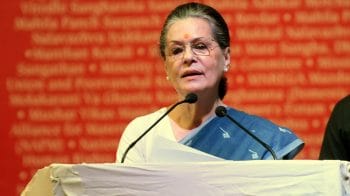

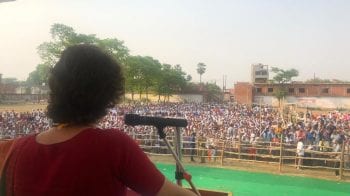


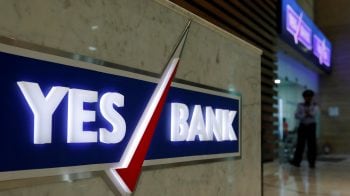
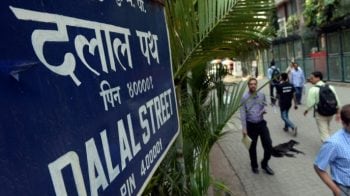
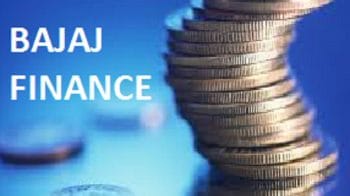
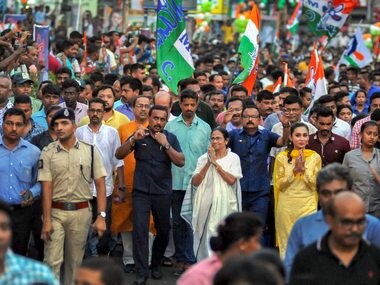

.jpg)




